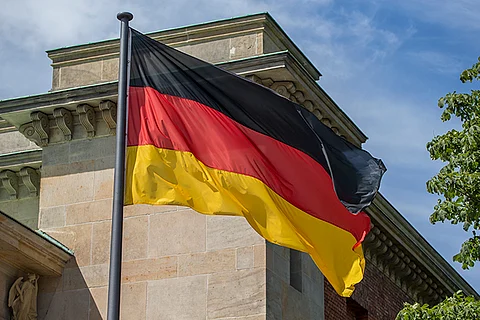

Germany’s center-right CDU/CSU alliance secured a narrow victory in Sunday’s federal election, according to exit polls, while the far-right Alternative for Germany (AfD) achieved its strongest-ever result, deepening political fragmentation and setting up complex coalition negotiations.
The CDU/CSU bloc led by Friedrich Merz won 28.5% of the vote, per ZDF exit polls, followed by the AfD at 20%—a historic high for the nationalist party. Chancellor Olaf Scholz’s Social Democrats (SPD) slumped to 16.5%, their worst postwar result, while the Greens and Free Democrats (FDP) secured 12% and 5%, respectively. The far-left Die Linke and breakaway BSW party, led by Sahra Wagenknecht, captured 9% and 5%.
Merz, a fiscal conservative untested in executive roles, now faces the challenge of forming a governing coalition in a polarized landscape. His CDU/CSU lacks a majority, requiring partnerships with smaller parties. Potential alliances could mirror Scholz’s previous three-way coalition, which collapsed last year over policy disputes.
The outcome reflects shifting voter priorities, including growing skepticism toward migration—a key AfD rallying point—and frustration with economic stagnation. Germany’s economy has contracted for two consecutive years, with businesses struggling globally and public pessimism about living standards at levels unseen since the 2008 financial crisis.
The election also raises questions about Germany’s role in Europe amid external pressures, including U.S. President Donald Trump’s threats of trade tariffs and his push for unilateral Ukraine ceasefire talks. As Europe’s largest economy, Germany’s prolonged coalition talks risk delaying urgent reforms, prolonging Scholz’s caretaker role.
Merz, often contrasted with predecessor Angela Merkel for his right-leaning policies, has pledged to strengthen Germany’s European leadership and foster closer ties with allies. However, his ability to navigate coalition-building—particularly amid debates over engaging with the AfD, which mainstream parties reject due to its extremist ties—remains untested.
The result underscores a broader erosion of traditional party loyalties, with voters gravitating toward ideological extremes. Analysts warn that prolonged political gridlock could exacerbate economic challenges and weaken Germany’s influence on critical global issues.